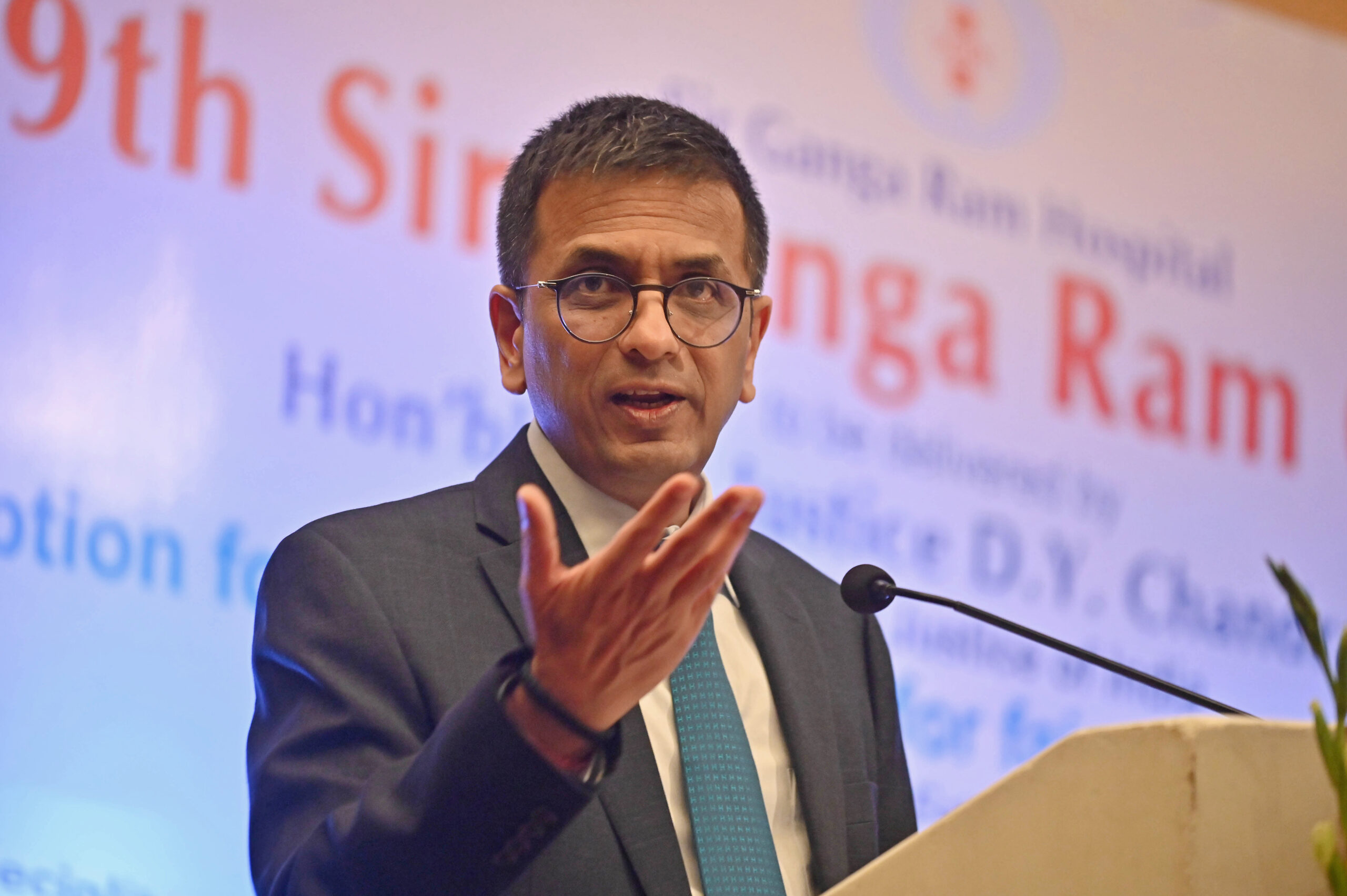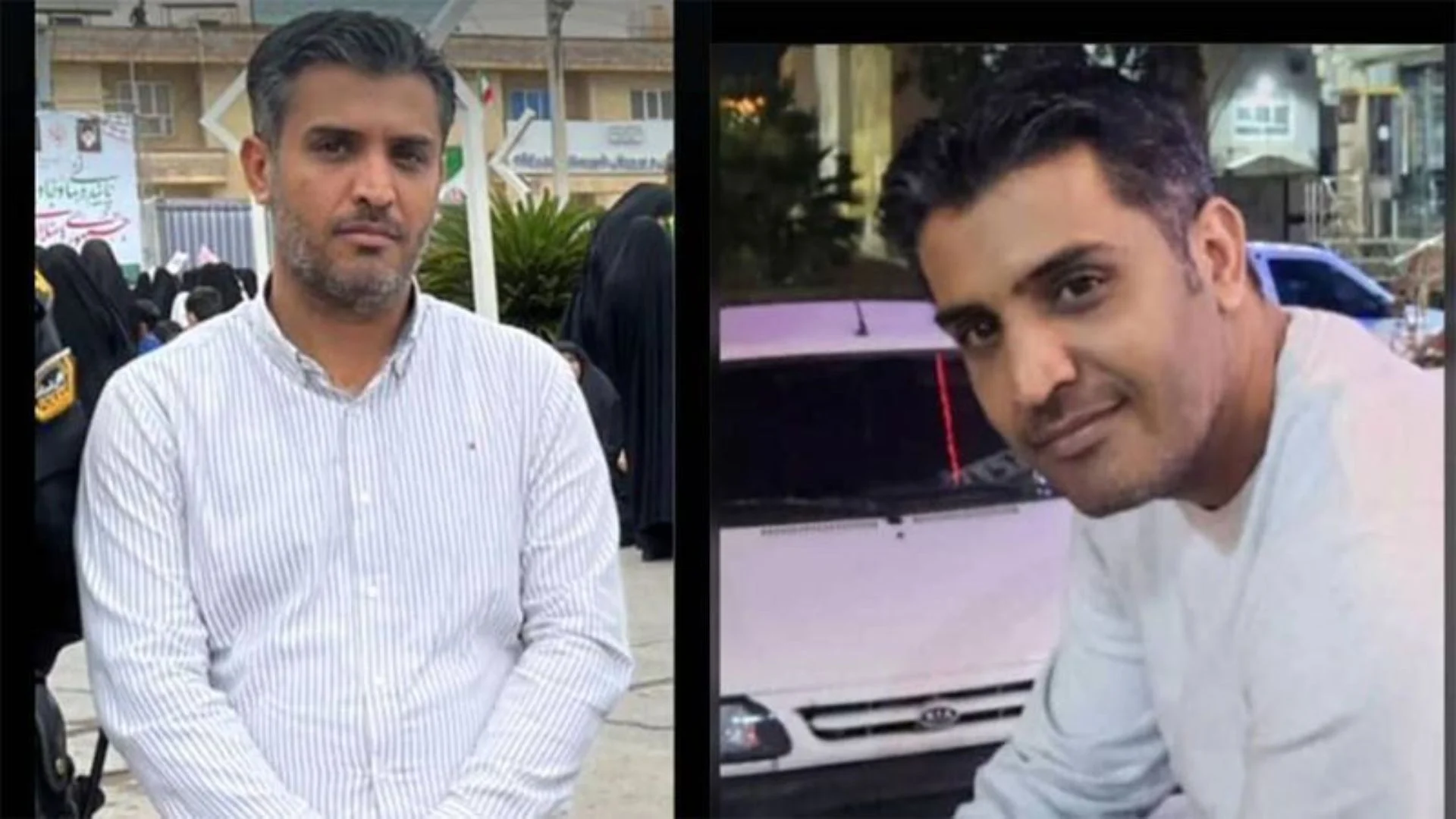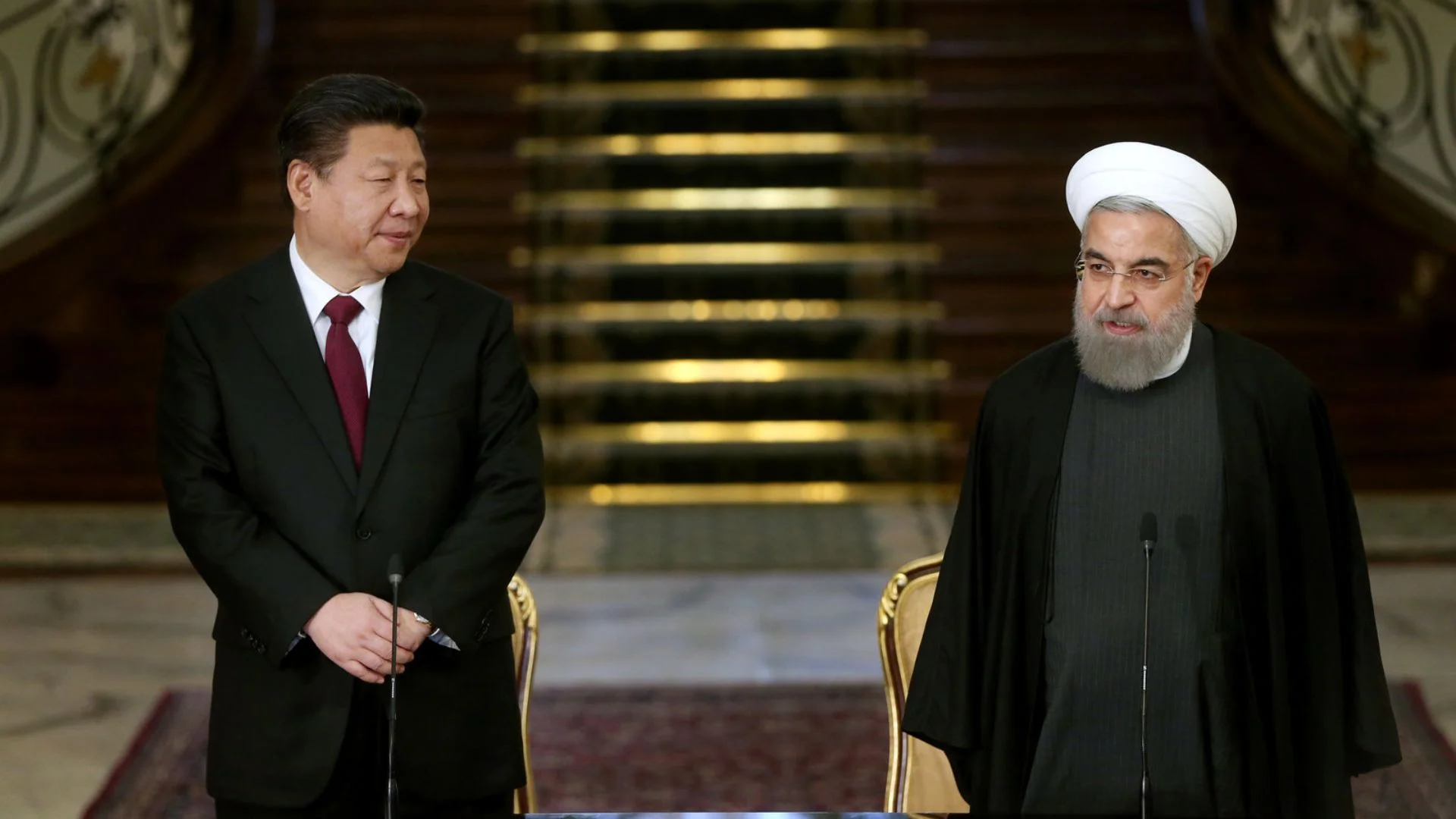Chief Justice of India, Justice DY Chandrachud, remarked on Saturday that “the enactment of new criminal laws has propelled India’s legal framework for criminal justice into the modern era.” Speaking at a conference on India’s Criminal Justice System hosted by the Ministry of Law and Justice, the CJI highlighted the crucial improvements aimed at safeguarding victim interests and streamlining the investigation and prosecution processes.
“India is on the brink of a substantial overhaul of its criminal justice system with the imminent implementation of three new criminal laws. The Bharatiya Nyaya Sanhita, Bharatiya Nagarik Suraksha Sanhita, and Bharatiya Sakshya Adhiniyam will replace the Indian Penal Code 1860, the Code of Criminal Procedure 1973, and the Indian Evidence Act 1872, respectively. These laws signify a pivotal moment for our society because no law impacts daily societal conduct like criminal law,” he stated.
Chandrachud underlined the moral compass of criminal law, grounded in the age-old harm principle, encapsulated by the adage, ‘Your right to swing your arms ends just where the other man’s nose begins.’ He emphasized the importance of procedural law in ensuring due process from initiating criminal proceedings to conviction, averting unjust charges and convictions.
While addressing the Conference on India’s Progressive Path in the Administration of the Criminal Justice System, Chandrachud stressed the evolving nature of laws and their implementation. He advocated for a proactive approach to embracing positive changes that cater to contemporary needs.
“With the enactment of the new criminal laws, we anticipate identifying loopholes and areas requiring attention. Such discussions would be instrumental in enhancing the efficiency of our criminal justice systems. However, our analysis must prioritize justice with a focus on civil liberties, balancing the interests of victims and the accused,” he added.
Chandrachud reiterated the necessity for laws to address persistent issues such as delays in witness examination, trial conclusion, prison overcrowding, and the plight of undertrial prisoners.
Regarding technological advancements and contemporary crime, Chandrachud acknowledged the challenges posed in crime investigation, evidence admission, prosecution, and justice delivery. He referenced American jurist Justice Oliver Wendell Holmes, stating that laws must serve societal goals recognized by the community’s governing authority.
The three laws, namely the Bharatiya Nyaya Sanhita, 2023; the Bharatiya Nagarik Suraksha Sanhita, 2023; and the Bharatiya Sakshya Adhiniyam, 2023, replace the previous criminal laws, with an effective date of July 1.
The conference, attended by dignitaries including Minister of State for the Ministry of Law and Justice Arjun Ram Meghwal, Attorney General for India R Venkataramani, and Solicitor General of India Tushar Mehta, aimed to highlight the key features of the three criminal laws and facilitate meaningful interactions through technical sessions and Q&A segments. Additionally, judges, advocates, academicians, law enforcement representatives, police officials, public prosecutors, district administration officials, and law students participated in the event.























